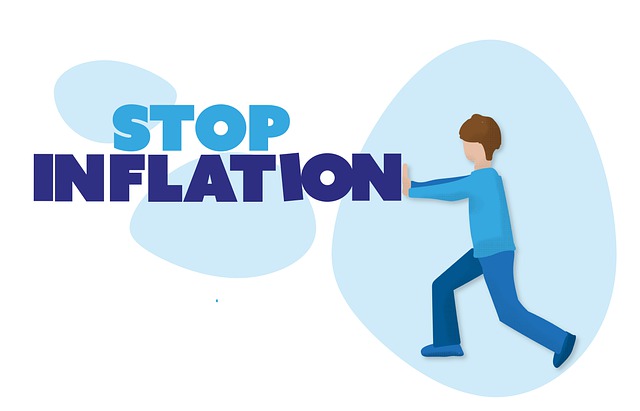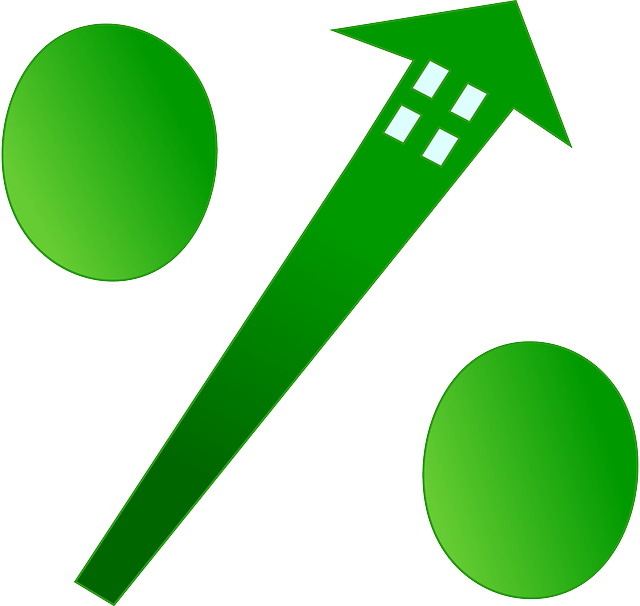October marks the start of a fresh quarter — the 4th quarter, last one of the year. Knowing you only have 3 months left in 2022, what are you feeling pressed to accomplish? Entrepreneur Michael Altshuler captured the familiar 4th quarter feeling in this way: “The bad news is time flies. The good news is you’re the pilot.” Let’s get your goals off the ground and fly.
Now is a great time to connect if you’re in need of a strategy session heading into the year’s final stretch or if you have any questions about what’s on the horizon for 2023. Where could you use additional information, encouragement, or support? I can assist. The content below summarizes what happened last week and what’s ahead.
Last Week
It was another rough week for U.S. equities as the tight U.S. labor market kept inflation pressures high in wild trading. The S&P 500 Index dropped 3% to reach a new year-to-date low. The Nasdaq fell 2.7% as Apple backed off plans to increase iPhone production due to low demand. The S&P 500 Index lost value for the sixth out of the last seven weeks. The Dow also finished down 2.9% for the week ending last Friday.
A midweek stock rally was quickly squashed on Thursday when jobless claims came in at 193K. This figure signals that the employment picture is strengthening even as the Fed tries to cool things off. The inflation stress continued, reflected in the August Core PCE Price Index, which rose 0.6% Month-over-Month and 4.9% Year-over-Year. Both inflation numbers came in above estimates and higher than the prior month. U.S. home prices tumbled in July at the quickest rate in the index’s history as pending sales fell to levels last seen in April 2020.
On the bright side, consumer confidence rose, supported by rising wages and lower gas prices. Personal income rose 0.3% in August and spending gained 0.4%. Five-year inflation expectations declined to 2.7%, the lowest since July 2021.
This Week – Beginning of 4th Quarter
This week is filled with more Fed speak along with the monthly U.S. employment data. Unless the employment figures start to drop or the economy starts to exhibit significant stress signals, the Fed is likely to stay on an aggressive hiking path. Many economists believe, rate hikes, which have already impacted the housing market, will likely cause a recession by the second half of next year, with some probability of it starting early next year and some probability it starts as late as 2024. There is more economic pain to come; in certain areas, like the labor market, the pain is almost completely in front of us.
Year-to-date index performance; Dow down 21.0%, S&P down 24.8%, and Nasdaq down 32.4% through the close on Friday.
Erie CO Financial Advisor; investments, wealth management, retirement income planning; Boulder, Broomfield, Louisville, Niwot, Windsor, Berthoud CO
This website is for informational purposes only and is not intended to be specific advice or recommendations. For specific advice or recommendations you would need to meet directly with one of our advisers.






